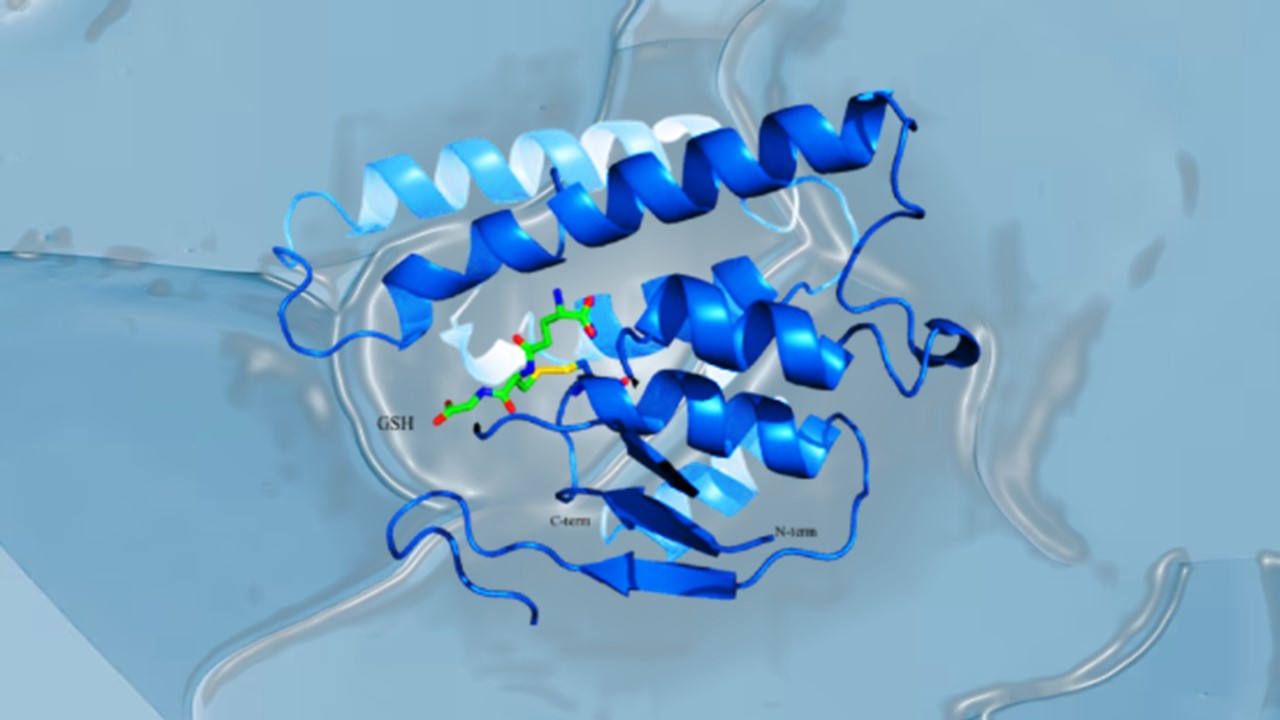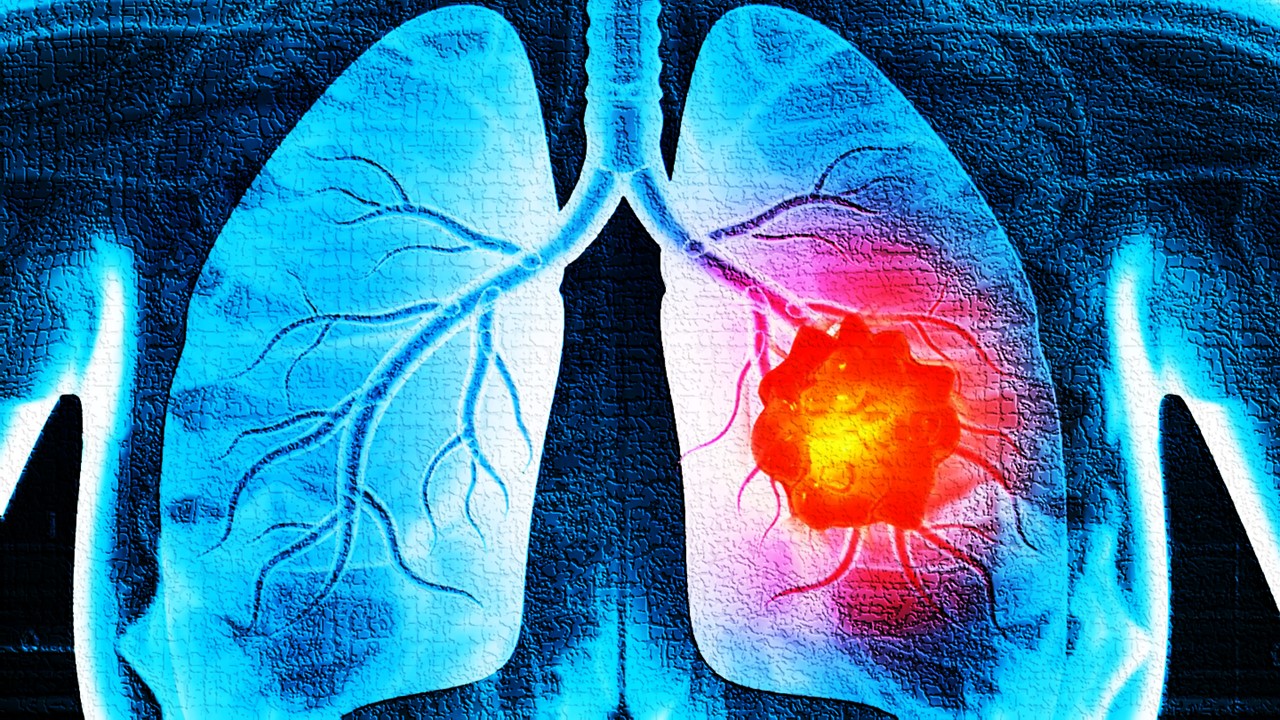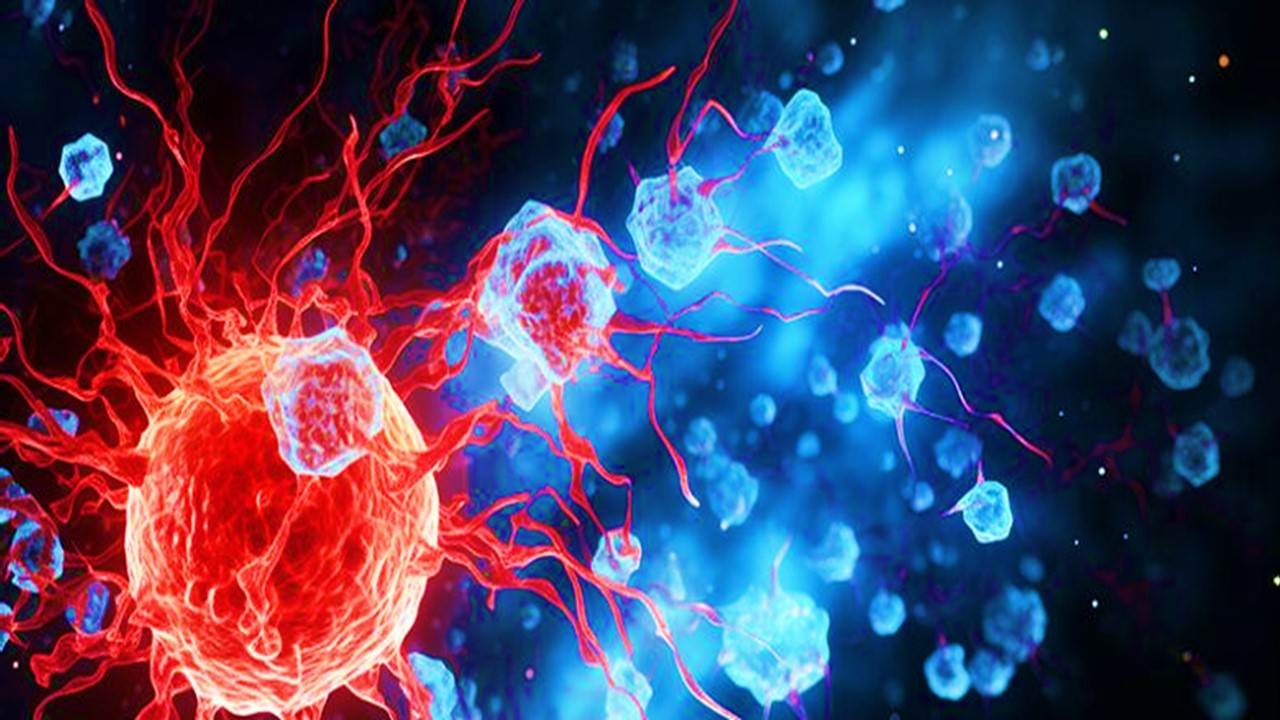In the intricate landscape of immunology, the process of immune reconstitution stands as a beacon of hope. It holds the promise of reviving a compromised immune system, whether it has been weakened by infections, autoimmune diseases, cancer, or other factors. This article explores the multifaceted realm of immune reconstitution, shedding light on the means by which the human immune system can be compromised and delving into the various strategies employed to restore its vigor. Join us on this journey through the fascinating world of immunology and discover the potential for restoring the body’s natural defenses. Click on the links to navigate through this exciting discussion about immune reconstitution.
Means and Ways of How the Human Immune System is Compromised 🔗
The human immune system, while robust, is susceptible to a myriad of challenges. From infections to chronic diseases, there are several factors that can compromise its functioning. This section discusses the mechanisms through which the immune system can be weakened and its impact on overall health.
The Case of Autoimmune Diseases 🔗
Autoimmune diseases pose a unique challenge to the immune system, as they involve the body’s own defenses mistakenly attacking healthy tissues. Explore the intricate interplay between immune dysfunction and autoimmune diseases, unraveling the complexity behind these conditions and the potential avenues for immune reconstitution.
How HIV Alters Our Innate Defense Mechanisms 🔗
Human Immunodeficiency Virus (HIV) has a profound impact on the immune system, particularly on its innate defense mechanisms. This section examines how HIV hijacks and impairs essential components of the immune system, leading to immunodeficiency, and highlights the importance of immune reconstitution strategies in the management of HIV/AIDS.
The Immunology of Cancer 🔗
Cancer, characterized by uncontrolled cell growth, often creates an immunosuppressive microenvironment that evades the immune system’s surveillance. Explore the intricate immunological landscape of cancer, understanding how immune reconstitution strategies can be harnessed to enhance the body’s ability to fight malignancies.
How the Immune System Survives Despite Compromise 🔗
Although the immune system can be compromised by various factors, it often manages to maintain a delicate balance between protection and potential harm. This section explores the adaptive mechanisms employed by the immune system to sustain its functionality even in the face of compromise.
What it Takes to Reconstitute the Immune System 🔗
Immune reconstitution requires a comprehensive understanding of the intricate network of immune cells, cytokines, and signaling pathways. Delve into the processes involved in immune reconstitution, including the replenishment of immune cells and the restoration of immune homeostasis.
How ARVs Assist in Immune Reconstitution 🔗
Antiretroviral therapy (ARV) has revolutionized the treatment of HIV/AIDS, significantly improving immune function in individuals living with the virus. This section examines the role of ARVs in immune reconstitution, highlighting the mechanisms by which these medications restore immune health.
Immunotherapy for Malignancy 🔗
Immunotherapy, an innovative approach that harnesses the power of the immune system, has emerged as a promising strategy for cancer treatment. Discover the various immunotherapeutic modalities, including immune checkpoint inhibitors and CAR-T cell therapy, and their potential in bolstering immune reconstitution.
The Hope of CGT in Boosting the Immune System 🔗
Cellular and gene therapies (CGT) hold great promise for immune reconstitution. Explore the cutting-edge advancements in CGT, such as CAR-T cell therapy and gene editing technologies, and their potential to revolutionize the field of immunology.
The Future of Immunology 🔗
As we unravel the complexities of immune reconstitution, we gain valuable insights into the potential of immunology in transforming healthcare. This final section explores the future horizons of immune reconstitution, discussing emerging technologies, personalized medicine, and the continuous pursuit of scientific breakthroughs.
Conclusion
The journey through immune reconstitution showcases the intricate interplay between immunology and human health. From the challenges posed by compromised immune systems to the groundbreaking strategies employed to restore immune function, the field of immune reconstitution offers a glimmer of hope for those affected by immune-related disorders. By unraveling the complexities of immunology, we pave the way for a healthier future, where the body’s natural defenses can be revived and strengthened, offering new possibilities for improved health and well-being.
Subscribe
to get our
LATEST NEWS
Related Posts

Immunology & Oncology
The Silent Guardian: How GAS1 Shapes the Landscape of Metastatic Melanoma
GAS1’s discovery represents a beacon of hope in the fight against metastatic disease.

Immunology & Oncology
Resistance Mechanisms Unveiled: The Role of Glutathione S-Transferase in Cancer Therapy Failures
Understanding this dual role of GSTs as both protectors and accomplices to malignancies is central to tackling drug resistance.
Read More Articles
Myosin’s Molecular Toggle: How Dimerization of the Globular Tail Domain Controls the Motor Function of Myo5a
Myo5a exists in either an inhibited, triangulated rest or an extended, motile activation, each conformation dictated by the interplay between the GTD and its surroundings.
Designing Better Sugar Stoppers: Engineering Selective α-Glucosidase Inhibitors via Fragment-Based Dynamic Chemistry
One of the most pressing challenges in anti-diabetic therapy is reducing the unpleasant and often debilitating gastrointestinal side effects that accompany α-amylase inhibition.













